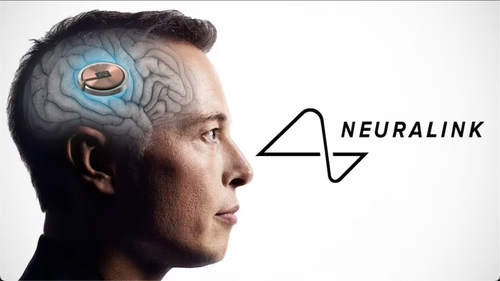We are excited to share that we have received the FDA’s approval to launch our first-in-human clinical study!
— Neuralink (@neuralink) May 25, 2023
This is the result of incredible work by the Neuralink team in close collaboration with the FDA and represents an important first step that will one day allow our…
Founded in 2016, Neuralink aims to commercialize brain-computer interfaces (BCIs) in wide-ranging medical and therapeutic applications — from stroke and spinal cord injury (SCI) rehabilitation, to neural prosthetic controls, to the capacity “to rewind memories or download them into robots,” Neuralink CEO Elon Musk promised in 2020. Neuralink is developing a small implant chip that will link the brain to a computer, via electrode-laced wires, with hopes it might one day treat paralysis and blindness in humans.
BCIs essentially translate the analog electrical impulses of your brain (monitoring it using hair-thin electrodes delicately threaded into tissue) into the digital 1s and 0s that computers understand. Since that BCI needs to be surgically installed, the FDA — which regulates these technologies — requires that companies conduct rigorous safety testing before giving its approval for commercial use.
Musk envisions brain implants could cure a range of conditions including obesity, autism, depression and schizophrenia as well as enabling web browsing and telepathy. He made headlines late last year when he said he was so confident in the devices’ safety that he would be willing to implant them in his children.
Frankly, we’d settle for having Musk’s brain linked to ours!
